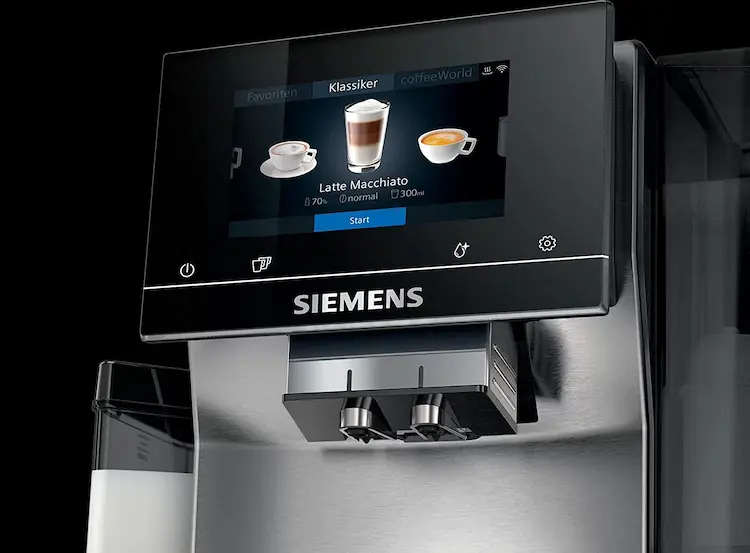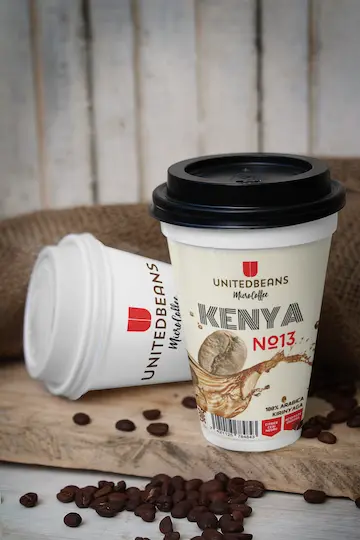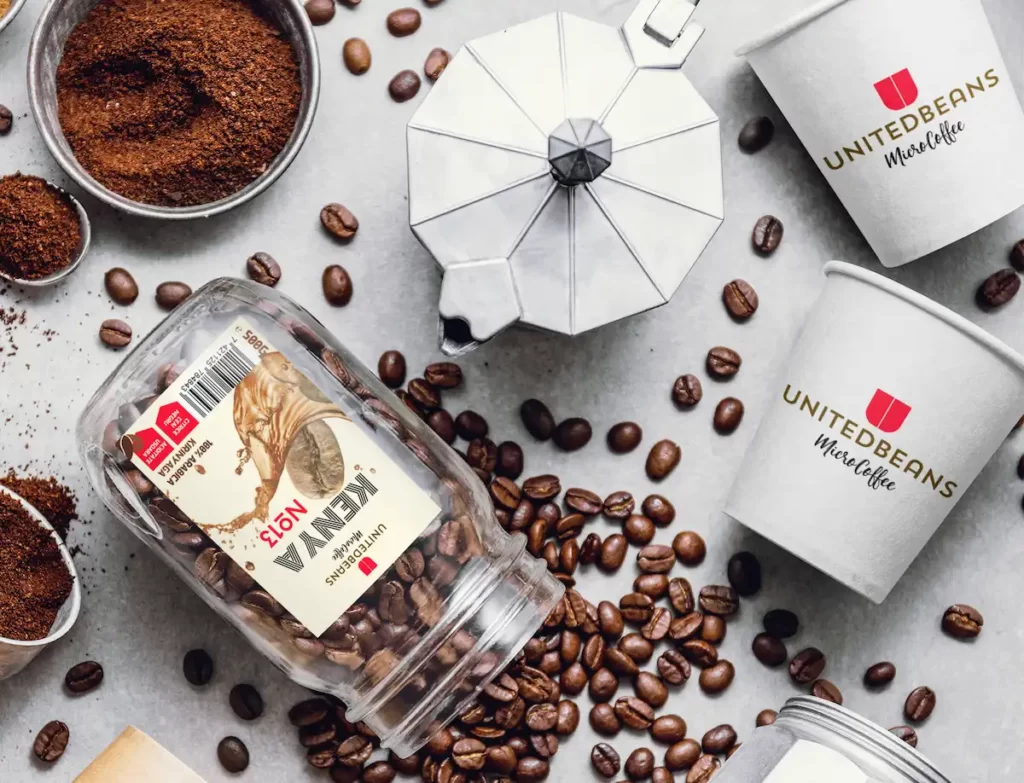Well, the moment the water comes into contact with your coffee, the flavor and aroma compounds begin to diffuse into the water – this is extraction. The degree of extraction will also affect the flavors in the cup, as not all of the compounds in coffee are extracted at the same time.
Extract First fruity and acidic notes , followed by Jam and balance, and then finally bitterness . This means that insufficient extraction will result in a sour taste , as it lacks the sweetness and slight note of bitterness necessary to balance the acidity. But Excessive extraction will taste bitter , as the sweetness and acidity will be overwhelmed. You have to find the perfect balance.
So, how do you control extraction? By remembering these golden rules:
The finer the grind size, the faster the extraction occurs (note: the extraction time is different from the preparation time). A coarse grind size means more acidity; a fine grinding size, more bitterness.
The longer the preparation time, the longer the extraction will occur. Short drinks are more acidic; the longest, the most bitter.
The hotter the water, the faster the extraction will take place, but too cold a temperature of the water and acids will not be extracted. "We can create good acids and bad acids during coffee brewing... Using hot water will generate a much higher acid formation on the brewing glass than using cold brewing (one of the characteristics of cold brewing is the presence of very soft acid)."
Consequently aim for a relatively high water temperature, but a coarser grind size and a shorter brew time for a more acidic cup.
Grind more finely and simmer more if it comes out sour. Or, prepare cold to avoid acids – but remember that you'll need to increase the brewing time because extraction takes longer at lower temperatures.



